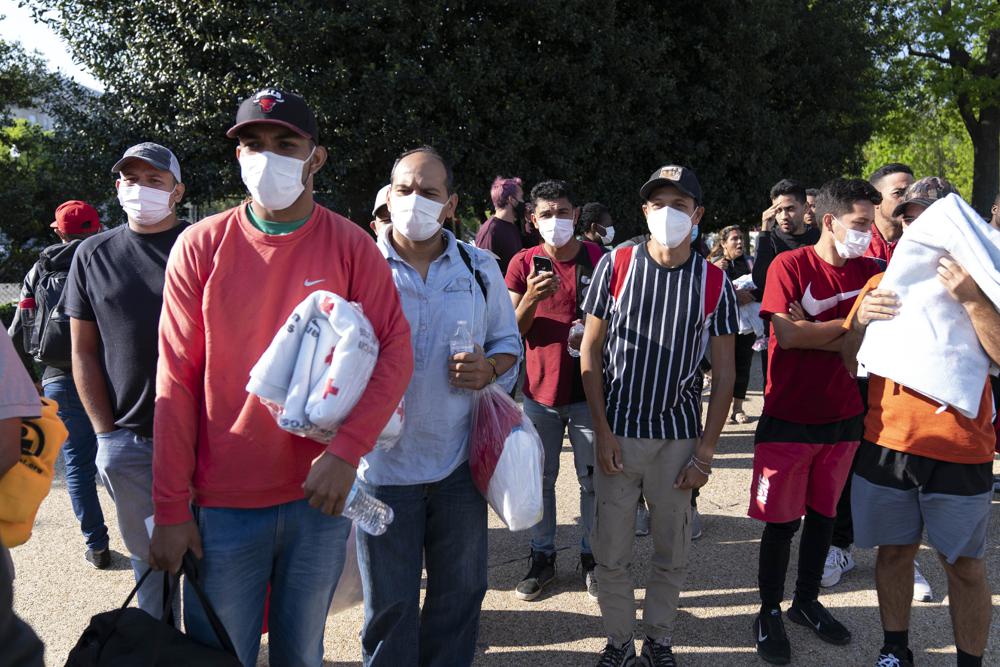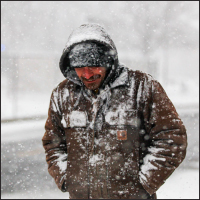MADISON, Wis. — According to the Associated Press, University of Wisconsin-Madison officials said Wednesday they have suspended study-abroad programs with South Korea and China amid fears of the coronavirus.State health officials, meanwhile, stressed during a conference call with reporters that the number of confirmed infections in Wisconsin remains at one and influenza poses a more serious threat to state residents right now. UW-Madison officials said five students enrolled at Yonsei University and Korea University in Seoul will be returning to the United States. University spokesman John Lucas said he didn’t know their individual destinations. The university made the move after the Centers for Disease Control and Prevention raised their warning levels to avoid non-essential travel to South Korea. Lucas said Wednesday that the university suspended its Chinese study-abroad program in late January. Seven students were not able to travel to the country as a result. The Milwaukee Journal Sentinel reported Wednesday that UW-Milwaukee has asked two students studying abroad in South Korea to return to the U.S. in light of the CDC warning. They’re due to fly back on Friday. UW-Milwaukee doesn’t have any students studying in China. State health officials told reporters during a conference call Wednesday afternoon that the state has still seen only one confirmed case. That person contracted the virus in China while on vacation to celebrate the Chinese New Year; the infection was confirmed in early February. Tests on another patient are still pending but “the immediate risk to communities in Wisconsin has not changed,” Ryan Westergaard, the state’s chief medical officer and state epidemiologist for communicable diseases, said. The state Department of Health Services is reviewing its plans for dealing with a large-scale outbreak, said .Jeff Phillips, DHS director of emergency preparedness The strategy includes conserving respirators, how to care for people through telehealth techniques and how to encourage “social distancing” by canceling or postponing large gatherings, encouraging colleges to hold classes remotely and imposing quarantines, Phillips said. Still, Westergaard noted Wisconsin has seen 20,000 cases of influenza this flu season and DHS considers that a more serious threat to public health in the state than the coronavirus.
Virus: UW-Madison suspends exchange programs





